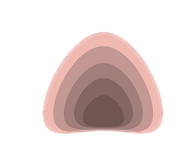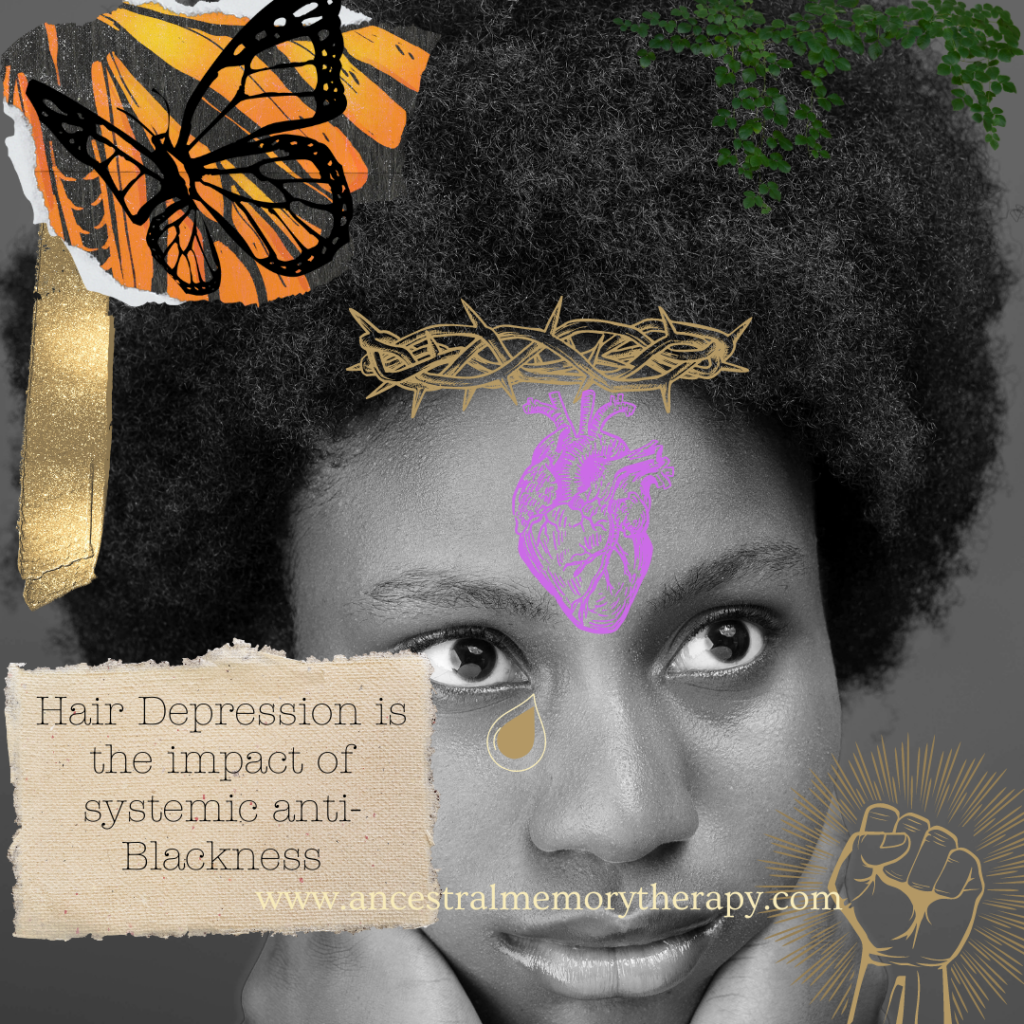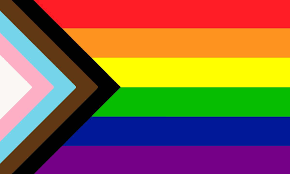The discussion could go either way when Black women talk about their hair. With the influx of natural hair sites, events, and outlets over the years, there is undoubtedly a lot more space for praise and celebration. On the other hand, some elders raised many Black women to feel like they were less than unless they managed their hair accordingly—whether it was with a pressing comb, straightener or chemical. And if it wasn’t, the love and appreciation for all that Black hair is—beautiful, textured, coily, wavy, kinky, etc. was lost. The history of Black hair is deep and complex. It’s pinned under the weight of systemic racism and lack of awareness. The load of the negative psychological impact can lead to anxiety and depression. As the adage says, ‘Beauty is in the eye of the beholder.’ However, the beholden’s perspective needs to be taken into account before any Black hair discussions take place.
Chemicals and tools to achieve ‘the look’
Lye relaxers have been at the forefront of Black hair maintenance for years. Black women have been conditioned to think that the use of chemical relaxers was the only way to keep the frizz and curl away. The visuals and memories of hot comb pressing on Sundays and scalp burns from chemical relaxers all contribute to how Black hair is perceived. This also ties in with how society observes Black hair. Seen as the norm is White hair. It’s a constant reminder of how we ‘should’ look, while Black hair holds connotations of being unkept and dishevelled. Today, straightened or processed hair is still adopted as the look to conform to.
Societal perspectives
Society plays a pivotal role in how Black women see themselves and their hair. For example, before emancipation, Black women wore hair wraps to hide their coils simply to appear less attractive to their owners. Such systematic, societal behaviour seeps into the psyche and is carried down through generational trauma. This continues to unfold today with microaggressions and terms such as nappy, woolly or unkempt hair. Because of this prejudicial portrayal, traditional Black hairstyles are still deemed inappropriate for work in some places.
Yes, judgements come from outside the community but manifest from within, too. We must consciously consider how we speak to ourselves and each other. As mentioned above, the natural hair movement has been a phenomenal, progressive chapter in Black hair knowledge and support. However, the underlying dark side is the unfavourable comparison of curl patterns and the resurgence of the everlasting battle between good and bad hair. There are also the struggles of internalized racism that older generations carry, which are reflected in criticism or ridicule. All of these instances and more can contribute to a decline in mental health and how you identify with beauty and yourself. This can all burden your mental health and feed into an unfavourable relationship with your coils.
Mental health and your relationship with your coils
The question that remains is how you feel about your coils. Have you embraced your journey with your Black hair? Or are you distressed and continue to internalize your relationship with it? Our entire community, inside and out, must recognize the beauty and reality of seeing kinks in their natural state. We must work on being deprogrammed from learnt behaviour imparted to us since we were kids. Allowing society to dictate beauty standards, especially for Black women, can lead to disastrous outcomes for us.
If you find yourself in a depressive state and live in constant anxiety with your coils, know that seeking assistance or support could be your next step. Deciphering contexts of systemic racism, generational trauma, and psychological and societal influences with Black hair is complex yet achievable with the proper guidance.




